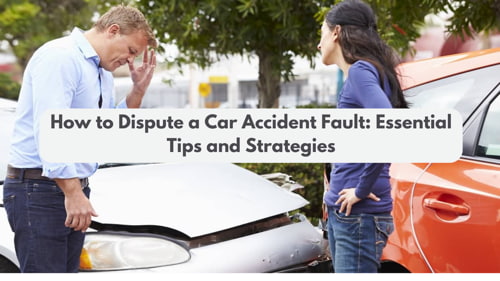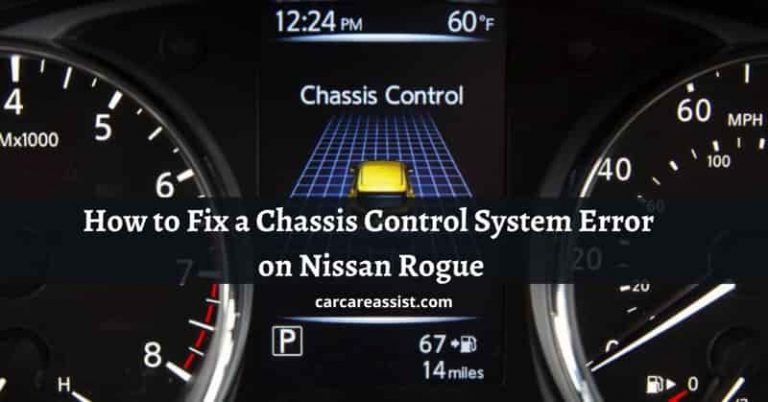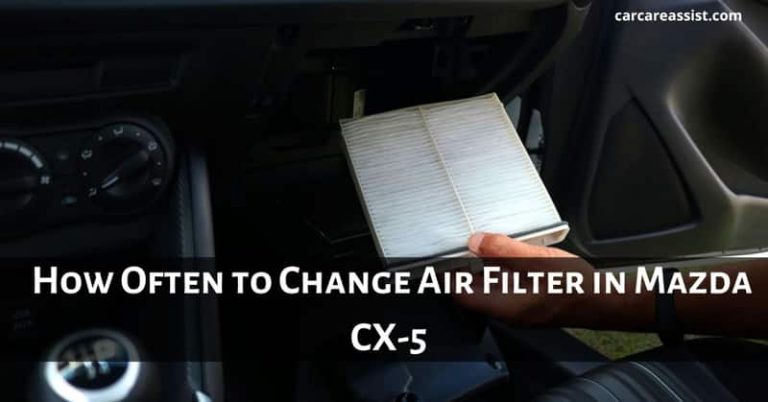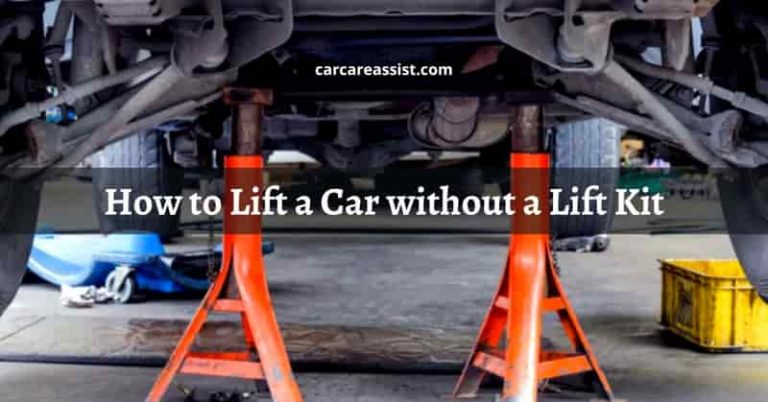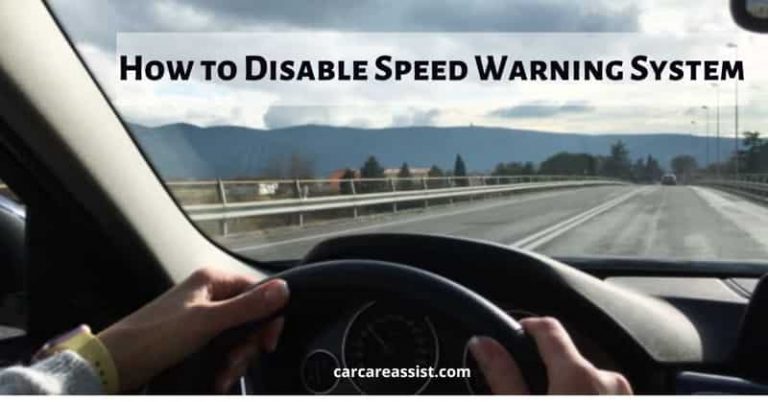How to Dispute a Car Accident Fault: Essential Tips and Strategies
Car accidents can be stressful, and disputing faults adds another layer of complexity. It is vital to act swiftly and gather all relevant evidence, such as photos, witness statements, and police reports. This evidence can help build a strong case for your insurance company or legal advisor.
Clear communication and thorough documentation are crucial. Understanding your rights and the claims process can significantly influence the outcome. Seeking professional advice might also be beneficial. By taking these steps, you can effectively challenge the fault determination and work towards a fair resolution.
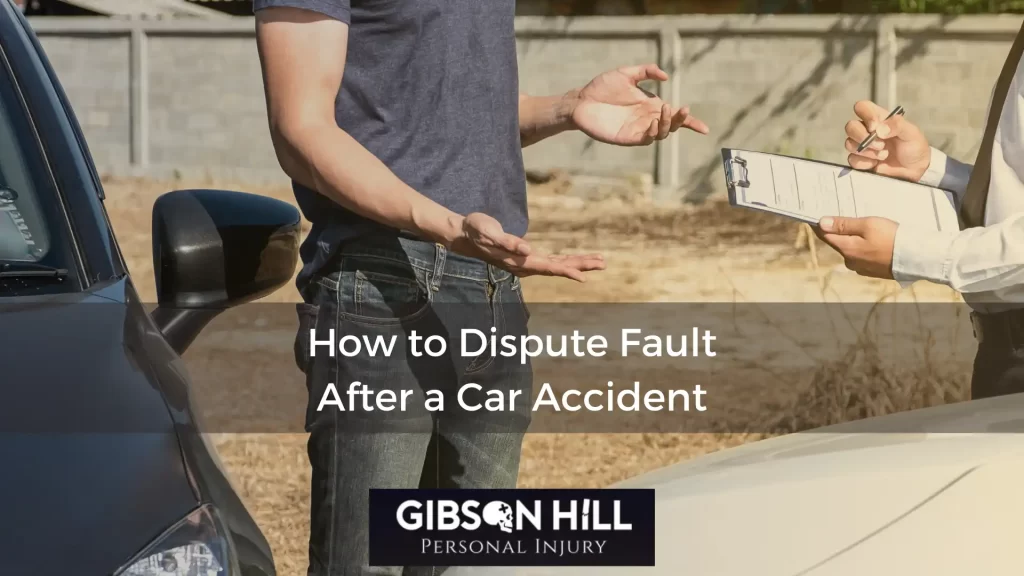
Gathering Evidence
Collecting evidence is crucial for disputing car accident faults. Photos, witness statements, and police reports can support your case effectively. Document everything meticulously to strengthen your argument.
| Gathering Evidence |
| Take photographs and videos of the accident scene. |
| Collect witness statements from individuals present during the incident. |
| Obtain police reports detailing the circumstances of the accident. |
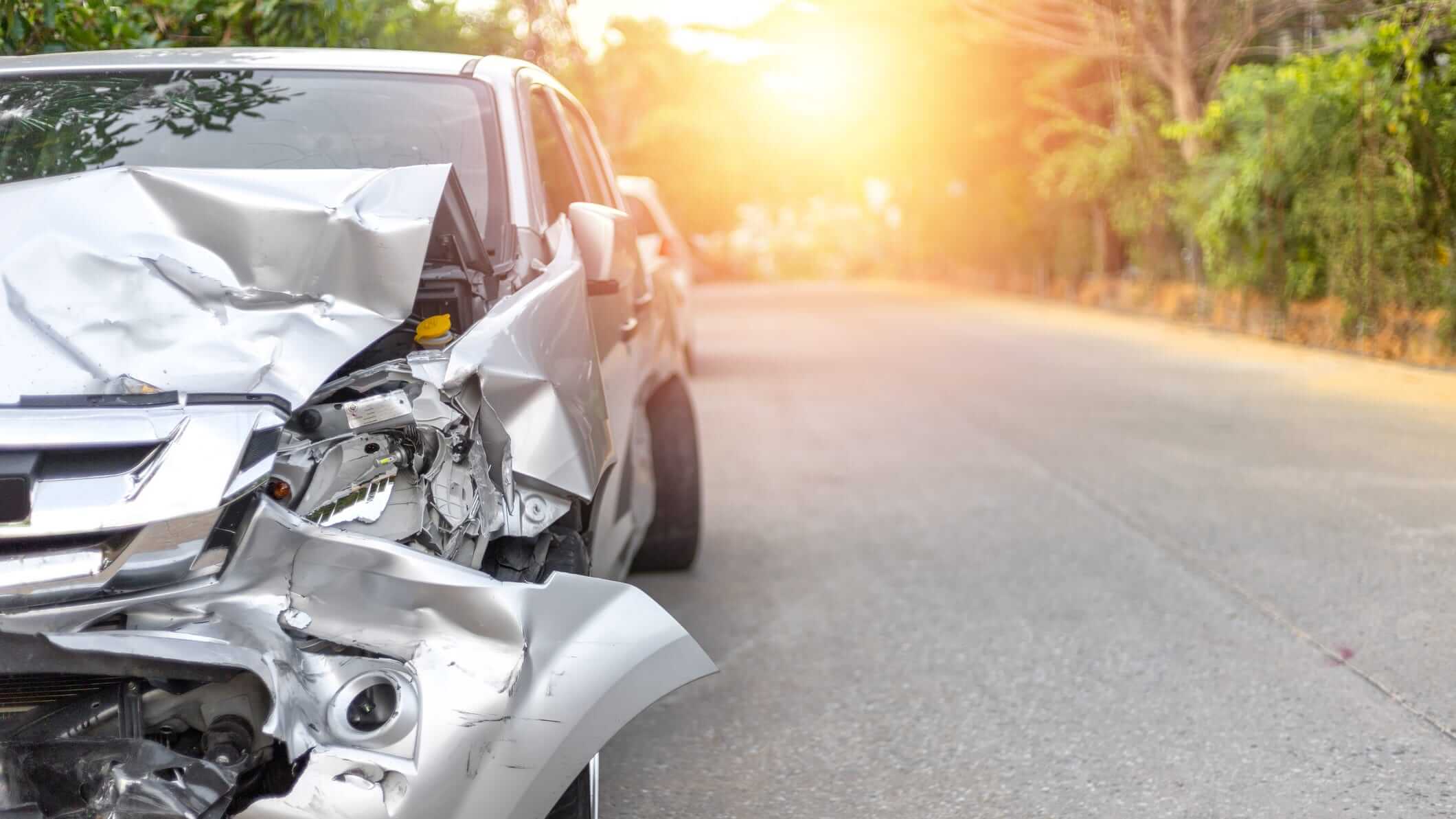
Consulting Experts
Hiring an attorney can be very helpful. Attorneys know the law and court procedures. They can gather evidence and witnesses. Expert attorneys understand how to negotiate with insurance companies. They can help prove your case and fight for your rights. It is important to choose an attorney with experience in car accident cases. This can increase your chances of a successful dispute. Make sure to research and interview several attorneys before making a decision.
Accident reconstruction experts can recreate the accident scene. They use scientific methods to understand what happened. These experts can analyze vehicle damage and road conditions. They can also study photos and videos of the accident. Expert testimony from these professionals can support your case. Their findings can clarify fault and strengthen your argument. Hiring these experts can be costly, but their insights can be invaluable.
Communicating With Insurance Companies
Write a clear statement. Include facts and details. Avoid using emotional words. Stick to the truth. Be honest about the accident. Describe the sequence of events. Mention the location and time. Include names of people involved. Provide contact details of witnesses. Proofread your statement. Correct any mistakes.
Speak politely to the adjuster. Answer their questions. Do not guess or assume. If unsure, say you do not know. Document all conversations. Keep copies of emails and letters. Ask for their name and contact information. Do not sign anything without reading it first. Request clarifications if needed. Seek legal advice if unsure.
Filing A Dispute
Start by gathering all important information about the accident. Include your name, date of the accident, and location. Clearly state why you disagree with the fault determination. Provide your version of the events. Use simple language and be direct. Attach any photos, videos, or witness statements. Keep the letter short and to the point.
Collect all relevant documents, such as police reports, medical records, and repair bills. Make copies of everything. Organize the documents in a logical order. Use labels to identify each document. Send the dispute letter and documents together. Use certified mail to ensure delivery. Keep a copy of everything for your records.
Negotiation Strategies
Disputing a car accident fault requires clear evidence and effective communication. Gather all relevant documentation and witness statements to support your case. Engage in calm, factual discussions with the other party and insurance adjusters to reach a fair resolution.
Presenting Evidence Effectively
Bring clear photos of the accident scene. Show witness statements that support your story. Use a police report if it helps your case. Medical records can show your injuries. Make sure all documents are organized and easy to understand. This makes your argument stronger. Video footage is also very useful. Keep your tone calm and professional during the discussion.
Handling Counterarguments
Listen carefully to their points. Stay calm and composed. Acknowledge their concerns but stick to your evidence. Use facts to counter their claims. Avoid getting emotional. Show how their claims don’t match the evidence. Ask questions to clarify their points. This can help you find flaws in their argument. Be persistent but polite.
Mediation And Arbitration
Mediation is a good choice when both parties want to avoid court. It helps to save time and money. A neutral person, called a mediator, helps both sides talk. The mediator does not decide the case. Instead, they help find a solution. This process is less formal than court. Both parties have a chance to speak and explain their side. Mediation can lead to a fair agreement.
Arbitration is another way to solve disputes without going to court. An arbitrator listens to both sides and makes a decision, which is usually final. Arbitration is more formal than mediation, but the process is faster than going to court. Both parties agree to follow the arbitrator’s decision. It is important to choose an experienced arbitrator. This helps ensure a fair outcome.
Legal Action
Filing a lawsuit can be complex. A lawyer can help you through the process. First, gather all your evidence. This includes photos, police reports, and witness statements. Next, your lawyer will file the necessary paperwork. The court will then notify the other party. Both sides will present their case. The judge will make a decision.
The courtroom can be intimidating. It is important to stay calm. Dress neatly and be on time. Your lawyer will guide you. You may need to testify. Speak clearly and truthfully. The judge or jury will listen to both sides. They will then decide who is at fault.
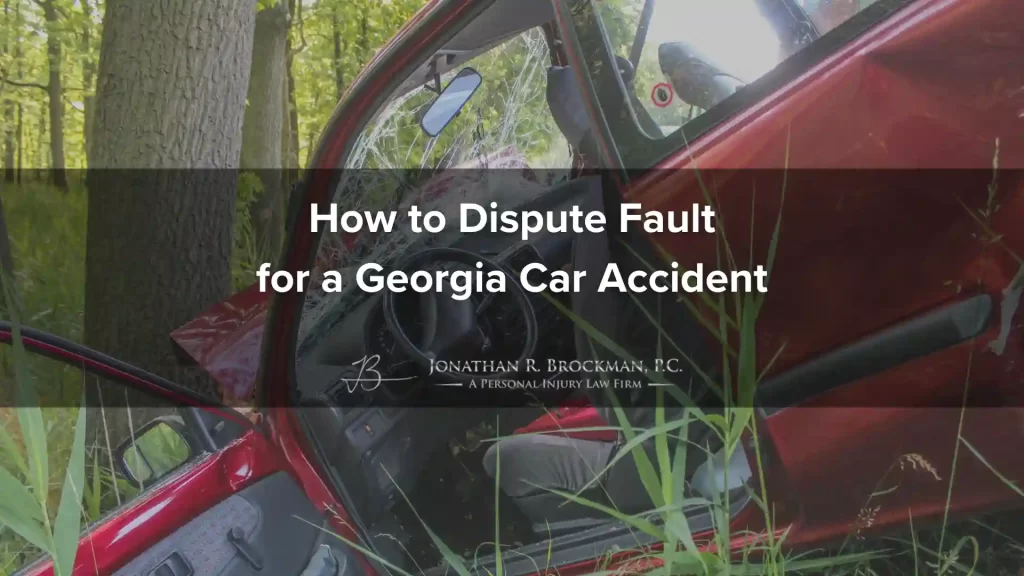
Post-dispute Actions
Always check the outcome of the dispute. Ensure all the details are correct. If not, contact your insurance company immediately. Keeping records helps in future disputes. Take notes on what you learned. This can help in future accidents.
After a dispute, review your insurance policy to make sure it covers all your needs. Sometimes, you may need to adjust your coverage. Talk to your insurance agent. They can help you understand your options, which can help you avoid issues next time.
Frequently Asked Questions for How to Dispute a Car Accident Fault
How Can I Dispute Car Accident Fault?
Gather evidence, like photos and witness statements. Contact your insurance and possibly hire an attorney.
What Evidence Do I Need?
Collect photos, videos, police reports, and witness statements to support your claim.
Can I Dispute Without A Lawyer?
Yes, but having a lawyer can strengthen your case and help navigate legal complexities.
How Long Do I Have To Dispute?
Check your state’s statute of limitations, typically ranging from one to three years.
What Role Does My Insurance Play?
Your insurance can help you gather evidence and negotiate with the other party’s insurer.
What If The Police Report Is Wrong?
You can challenge it by providing additional evidence and requesting a review.
Can Witnesses Help My Case?
Yes, witness statements can provide unbiased accounts and support your version of events.
Conclusion
Successfully disputing car accident faults requires preparation and understanding. Gather evidence, consult experts, and remain calm. Always communicate clearly with involved parties. Knowing your rights can make a significant difference. Stay persistent and patient throughout the process. By following these steps, you can effectively challenge an unfair fault determination.

